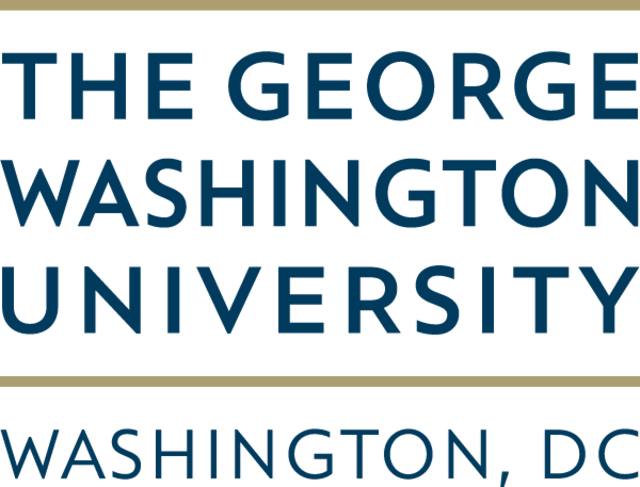Action in Accessibility
Full description
Action in Accessibility
Publishing Accessibility Support Systems Isabella Greene, Pubvendo
An Intersectional look at Disability in the U.S. Publishing Industry Workplace Rachel Done Cubillas, Portland State University
Accessibility and the Idea of Belonging John G. Samuel, Ablr
Publishing Accessibility Support Systems
Isabella Greene, MPS (expected June 2023), Project Manager, Pubvendo
After enduring years of discrimination from employers and discriminatory company policies surrounding invisible illness, and after hearing the same stories from members of her cohort and support group, Isabella decided to focus her capstone on accessibility and inclusion within the Publishing industry. She began her project by interviewing members of HR departments about their accessibility practices, policies, and resources. During these interviews, Isabella discovered a trend of a number of training deficits within HR teams on State and Federal accessibility requirements as well as how their company uses documented medical/disability information. However, since many larger companies use a third party system for accommodations that require medical documentation, she created an Accessibility Consulting Service that team leaders throughout the publishing industry can use to identify accommodation trends among their team, assess deficits in their company’s training and transparency regarding the accommodations process and resources, and most importantly, to provide their employees with an alternative, more comfortable way to express their needs.
Isabella Greene is in her second year of the MPS program in Publishing at George Washington University while working as a Project Manager at Pubvendo. She earned her BA in English from Boston College, where she served as an Associate Editor for a literary food journal, Gusto. In her free time, she runs a mobile bookstore and is mom to two Australian Shepherds- Miles and August. She recently founded an Accessibility Consulting Service, AbiliTEAM Consulting LLC., after witnessing the need for improved transparency and advocacy for chronic and invisible illness in the publishing industry.
An Intersectional look at Disability in the U.S. Publishing Industry Workplace Rachel Done Cubillas, MA Book Publishing, Portland State University
This paper focuses on looking at what barriers exist for people with disabilities working in publishing, as well as the opportunities (or disadvantages) that COVID has brought to disabled publishing employees. Critical and intersectional factors such as race, gender, and more are also considered. Overall, it was found that embracing more hybrid and remote work situations, a decentralization of the industry away from locations like New York, better employee conditions (such as higher pay and more PTO), and real workplace centered efforts to destigmatize disability would help eliminate barriers to disabled employees in the publishing industry.
Rachel Done Cubillas is currently a freelance publishing professional, focusing on DEI, writing, data management, marketing, and project management. She has a MA in Book Publishing and Comics Studies Certificate from Portland State University (2022). She loves exploring new topics and skills, as well as meeting new people through her work.
Accessibility and the Idea of Belonging John G. Samuel, Co-Founder and CEO, Ablr
Diversity, equity and inclusion mean much more than race and gender. In this inspirational, eye-opening talk, entrepreneur and author John Samuel shares why everyone must broaden their idea of what it means to be truly inclusive. An Award-winning business leader and TEDx speaker, John shares his incredible journey as a blind entrepreneur who's creating digital accessibility for all in a world tethered to technology. Learn why you must remove barriers that limit people with and without disabilities and open a world of possibilities for all.
When he was in college, John Samuel was diagnosed with a degenerating eye condition called Retinitis Pigmentosa (RP), told he was going blind, and that there was no hope for a cure. For 17 years, he hid this from friends, professors, and employers, and left his hometown of Cary, North Carolina, because he didn’t think anyone who was blind could ever live there. This search for a career and love would take him around the globe, including Bangalore, New York, Douala, Kampala, and Washington, and would eventually bring him home to embrace his disability and finally find a sense of belonging. He is author of the forthcoming book Don’t Ask the Blind Guy for Directions. He launched a successful African venture, Aster Cameroon and is co-founder and CEO of Ablr.
Comments
to view and add comments.
Annotations
No one has annotated a text with this resource yet.
- typeVideo
- created on
